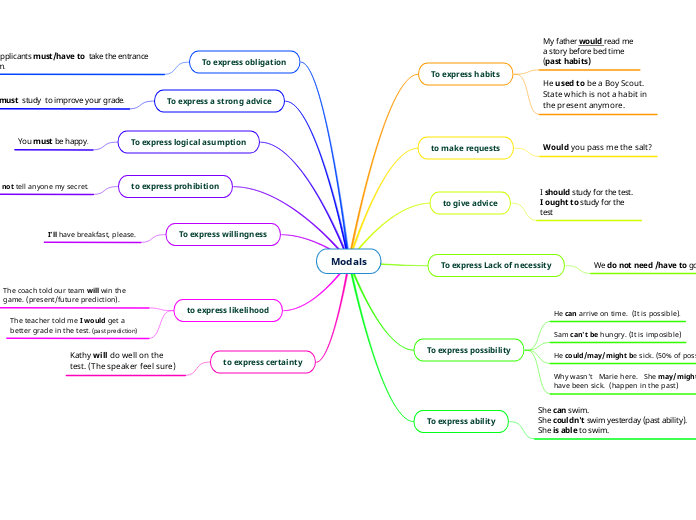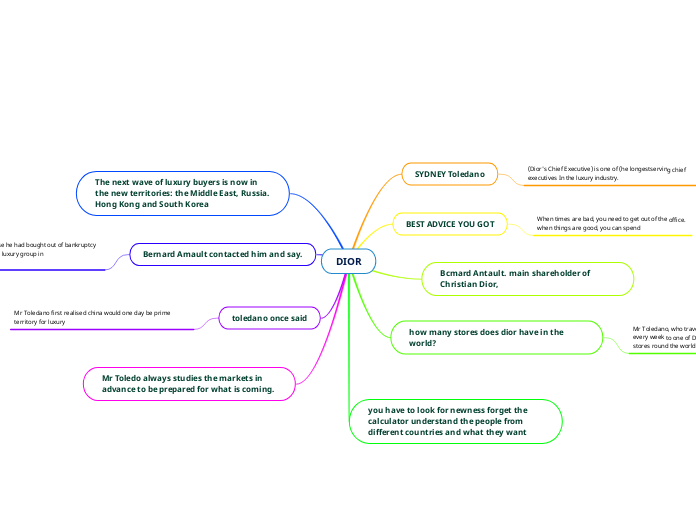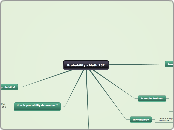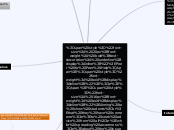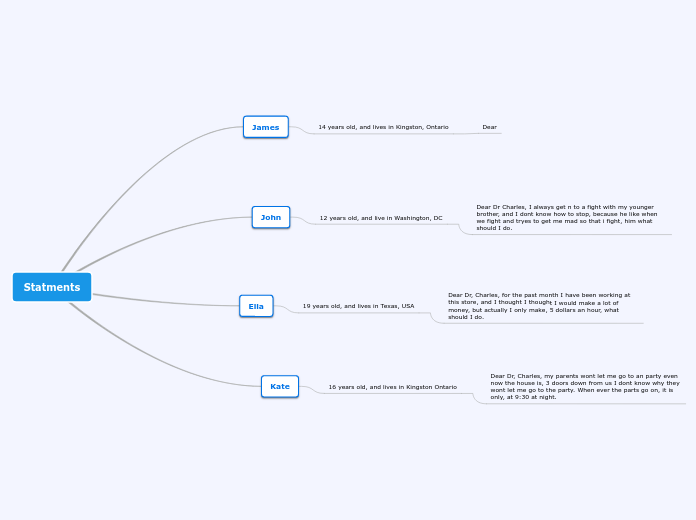a Claudia De León 3 éve
168
Modals
Modals are versatile tools in the English language, used to convey a range of meanings and intentions. They are commonly employed to give advice, such as "should" and "ought to," suggesting an action that is beneficial or recommended.
